Mikhail Kravets: We want to change Kunlun’s image in the KHL
10 August 2024
Another feature about the Dragons from the official KHL website. This time, an interview with our new head coach Mikhail Kravets, written up by Sport Express journalist Mikhail Skryl.
In an interview with KHL.ru, Red Star’s new boss talking about how he joined the club, his relationship with imports and how he built the coaching staff.
“I’m still aiming for the highest targets.”
— How did the talks about the Kunlun job go?
— I have a good relationship with the club management. They already made me an offer last season. This summer, they asked me again and I agreed almost immediately.
— After leaving one job, many coaches take a break but you came back to work right away.
— I’ve not been working in the KHL for so long that I can take a break. For coaches, just like players, your career comes to an end some day. I want to keep working, to do something else, to change things. I’m still aiming for the highest targets, studying hockey, following programs. As a journalist, you want to write; as a coach, I want to coach.
— What new things are you learning about hockey?
— Every year it all changes. Hockey is getting faster, it’s introducing new technologies which help us understand different situations. You can always correct the things that didn’t work out last year. Naturally, I watch games in the NHL, I visit coaching sites, read about different tactics and interactions with the team. I’ve discovered lots of interesting ideas, both from more experienced coaches and from newcomers.
— In 2017/2018 you worked with KRS Heilongjiang in the VHL. Has the KRS organization changed much since then?
— Of course. There’s a stronger group of players here. The team is playing in Moscow Region, they’ve created a good set-up for everyone. The arena, accommodation, the relationship with the management – all this is excellent. In the VHL, the club had a small budget, plus we were playing in Harbin, which is very cold. Of course, it’s great here. Kunlun Red Star is playing its ninth season in the league and the team’s level is improving.
— Are you happy with the recruitment in the off season?
— We’ve had good recruitment. We brought in lots of guys with experience of the AHL and the NHL. Adam Clendenning played at a World Championship. Many of the new guys played in Europe and already know each other, that’s really important. Our video coach made clips of each player and the coaching staff looked through them all. After discussing among ourselves, we turned to our GM, Nikolai Feoktistov. And we couldn’t do it without talking to the players themselves. They were interested in their role on the team, what it would mean for their families, their children, some even came with their dogs! Our job is to create the conditions from which we can expect results from everyone.
— What questions did you hear from foreigners who were coming to Russia for the first time?
— Questions about day-to-day life when to Nikolai [Feoktistov]. With me, it more about the game and positions on the team. We have players who are not new to the KHL. Of course, that experience can help the new guys. They can talk to each other, clarify things. Everyone is responding well to Moscow and to the club
—Now you might look back on the time when you played in North America. Are you ready for daily English-language work?
— I’m happy to get back to my English, it will be good practice for me. As soon as we agreed the contract in May I sat down with my books and started writing up practice sessions in English, refreshing my hockey jargon. I’m trying to get it right, but maybe that won’t always happen. I’ve already had one-on-one chats with the players. I hope they can understand me. And we’re not abandoning the Russian language: the coaches, management, team staff, masseuses and medics are all Russian speakers.
— How quickly did your English come back?
— Let’s see how the team plays, then we’ll know whether it came back quickly or not. I prepared for it, of course. I played 10 years in North America and learned the language there. That hasn’t gone away. Plus, on every team after that there were imports and I spoke English with them.
— Do you know any Chinese phrases?
— No, that’s a difficult language for me. Everyone speaks English on the team. Apart from Ni hao I can’t remember any other words.
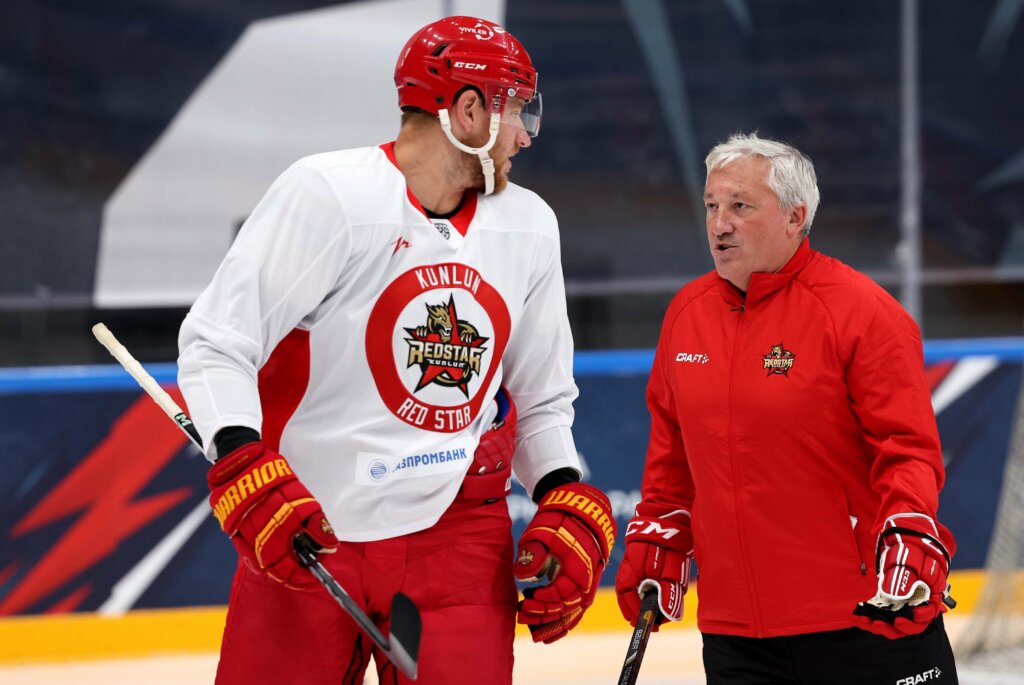
“On August 8 the whole team was together”
— You have two players who can speak Russian, Yury Pautov and Konstantin Volkov. How did they come to Kunlun?
— Volkov is a goalie, so that’s a different story. We discussed his credentials with our goalie coach. Vladimir Kulikov reckoned that we need Konstantin. They’ve worked together before. Vladimir sees a lot of potential in him. And Volkov himself wants to prove that he’s a good goalie. I’ve known Yury Pautov for a long time. We worked together at Sochi and Vityaz. Plus he speaks good English and he’s a sociable guy, so that’s good for the team. When we were short on defense, Yury called me. We had a chat and he agreed to join us.
— Pautov has his own Telegram channel. How do you feel about that kind of hobby?
— It’s up to him, it doesn’t worry me. The main thing is that he’s a good person, he fits in well on the team, works hard and plays well.
— In recent years, the imports have joined training camps late. Have you managed to fix that problem?
— We’ve stopped that trend. Together with the GM and the fitness coaches we set every player tasks for the summer. In addition, I asked everyone to get over here in good time. That’s so important. At our first practice we had 16 players. A few were working to individual plans. Some of the guys we signed later were waiting on visas. Adam Clendenning came a little later due to family circumstances. But on August 8, the whole team was together.
— How have the North American players adapted to camp a month before the season? Over there, teams usually get together a couple of weeks before the opening game.
— We have games on Aug. 12 and 14, then a tournament. У нас уже 12 и 14 августа игры, потом турнир. There’s almost none of the long preparation, like we had before. After a week, we’re already playing. That’s a different situation. Playing is always more fun than training.
— How are you spending the camp? What are you particularly working on?
— At camp we want to improve the players’ physical condition and skills. In the first sessions, we played more. Now we’re starting to look at tactics and systems in our game: power play, penalty kill, different combinations at equal strength.
— Did everyone arrive in good shape?
— Yes, and that means that they did what we asked over the summer. I think that players turning up in bad condition is a thing of the past. I really like our first sessions and conversations with the guys.
“There are no weak teams in the KHL”
— What do you need to get Kunlun Red Star into the playoffs?
— We need everyone to have the same aim in his head, for the team to be a single family. Every practice, every game should enhance our condition and our skills. We need to put everything into each game, really work for result, but at the same time enjoy the process and being in the group.
— What’s the team’s playing style?
— We’re trying to have all four lines playing fast, active hockey so we can play more of the game in the opposition’s zone and less in our own. We need to cut out penalties: in the past two seasons KRS has been among the most-penalized teams in the KHL. All that interferes with our aims and we need to work on it. We need to stop taking silly penalties, improve our PK, play consistently each game so that we don’t swing from winning three games in a row to losing three in a row. Last season, we allowed too many goals late in games.
— Did you follow this team last season, or are you studying their results now?
— Last season we had a few games with Kunlun and of course I prepared for them. Over the summer I also watched several games. I asked the video coach to prepare some clips for me to help me understand what the team does well. Those are the foundations we want to build on.
— How do you see the competition in the Western Conference? Vityaz, for example, has recruited well.
— There are no weak teams in the KHL. Every game is important. Our results will depend on how we set ourselves for each game. When we’re united, when the team fights for victory from first to last, then you get results.
— In the past, KRS has slumped in January and February, often because some imports seem to ease off when it seems the playoffs are slipping out of reach. How can you escape that and make sure that everybody fights to the end for a top-eight finish?
— Last year the team had a really tough schedule. To give an example, after a road trip to Vladivostok and Khabarovsk the team immediately flew to a game in Togliatti. Usually, after the Far East, teams get a couple of days’ rest. They had a lot of back-to-back games because of the national team schedule. Fatigue takes its toll. This season, the schedule is better: there are breaks, time to recover, the players get a break at Christmas. Lots of the guys are here with wives and children It’s so important when your family is with you. We can’t overlook that factor.
“The task for the season isn’t just beating Avangard.”
— How did you bring together your coaching staff?
— I’ve already worked with Viktors Ignatjevs and Alexander Savchenkov. I’ve known Viktors since we played together in the USA and I coached with Alexander in SKA’s system. Viktors really pays attention to his work. He speaks great English. Alexander works well with the forwards, he really knows his hockey. Everyone else on the team is an experienced coach who has proved himself on the team. We decided to keep that team and work together.
— Last season Viktors Ignatjevs was head coach and now he’s your assistant. Does that not cause any tension?
— I was never worried about that. For me it was important that Viktors himself wanted to work here and go from head coach to assistant. We discussed it. He thought about, and decided to stay with the club. We’ve never been talking behind each other’s backs. I always tell my assistants that they need to share everything, to talk about their ideas. We can only find the right path together.
— What’s Red Star’s target for the coming season?
— The same target that should be in mind of every player – to win the Gagarin Cup.
— But surely you’ll start from a minimum target, such as reaching the playoffs for the first time since the club’s first season in the KHL?
— Why should we do that? Why settle for a lower target? We have a new team, good players, a new coaching set-up/ We want to change Kunlun’s image in the KHL. So we’re going to aim as high as possible.
— Will your games against Avangard mean a bit more to you?
— Everything that happened with Avangard is in the past. Now, games against every opponent mean a lot to me. We’ll always try to play to win. You could also say that games against Amur, Vityaz or SKA mean more since I also worked there. Our aim this season is not just to beat Avangard. Our aim is to play well in every game.




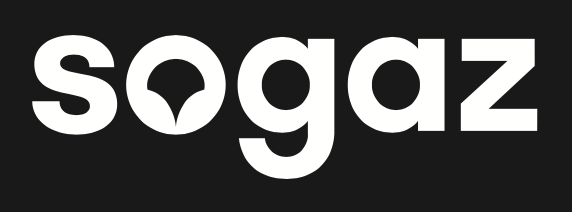
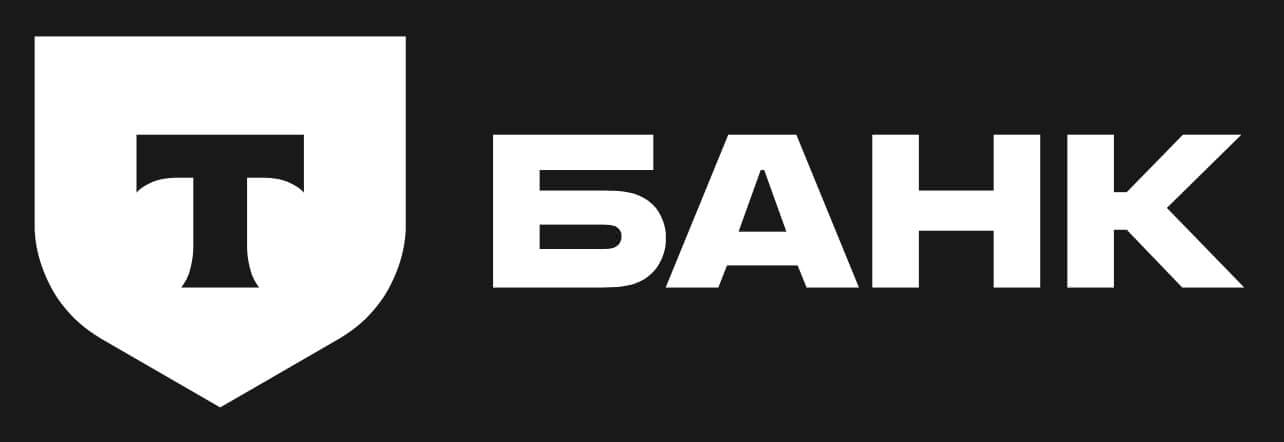
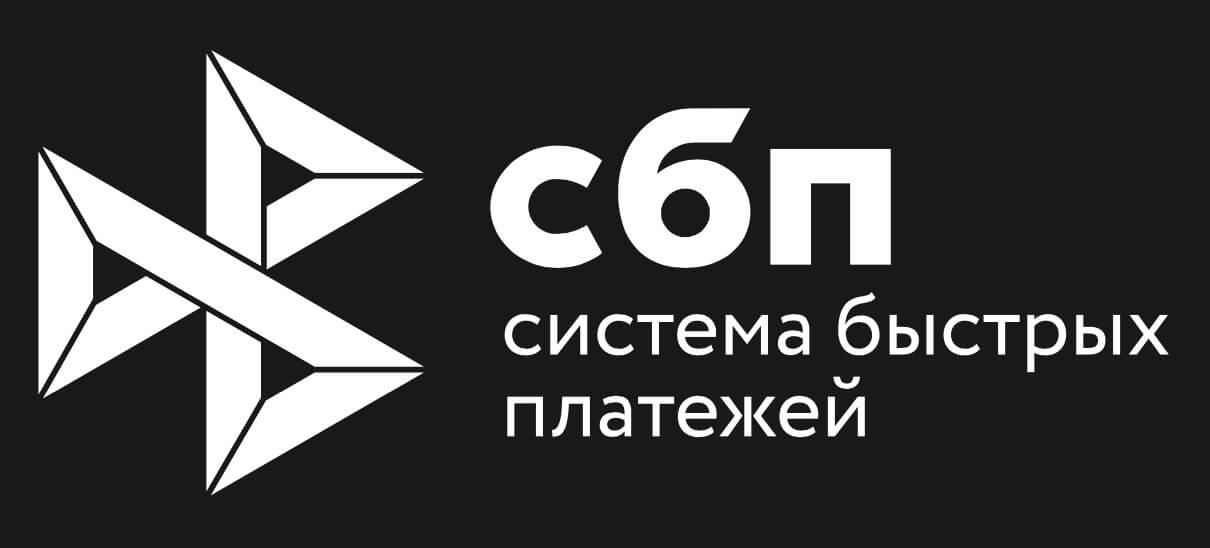
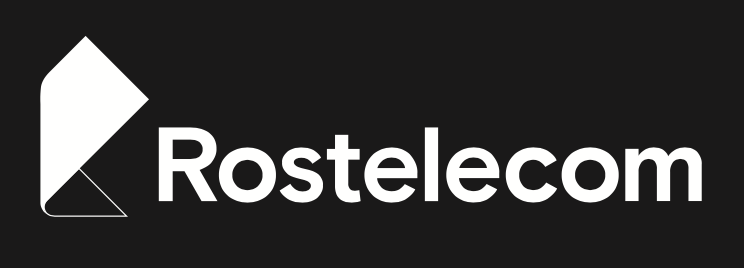

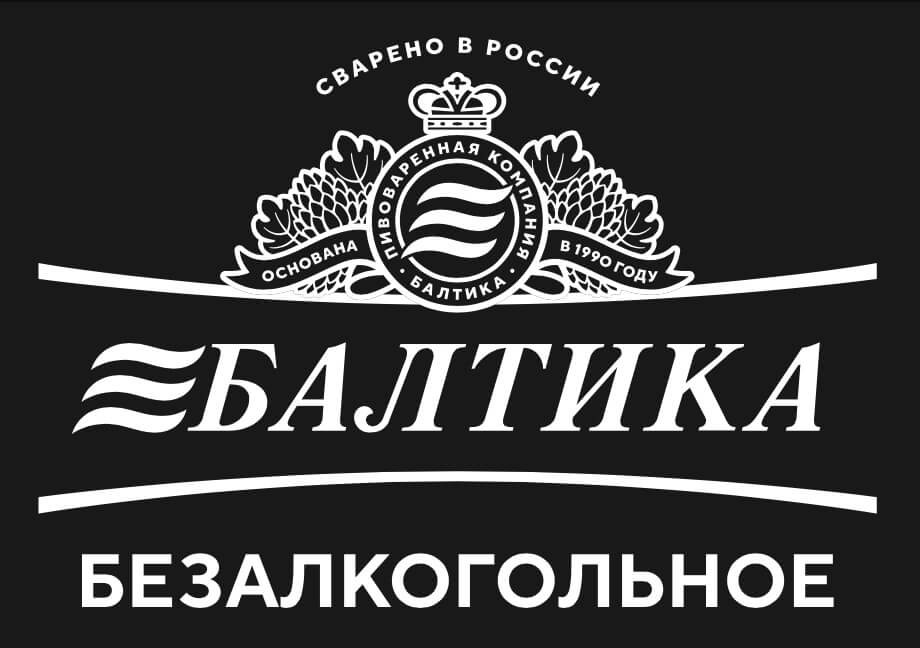



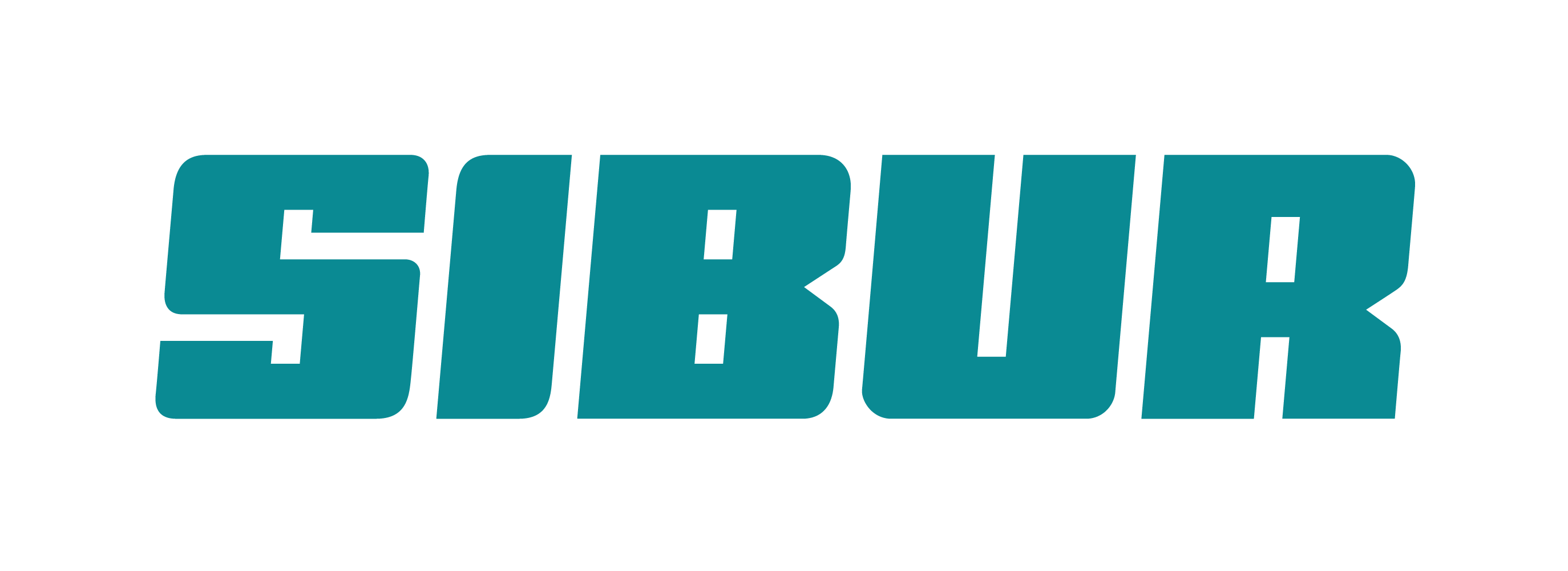

Leave a Reply